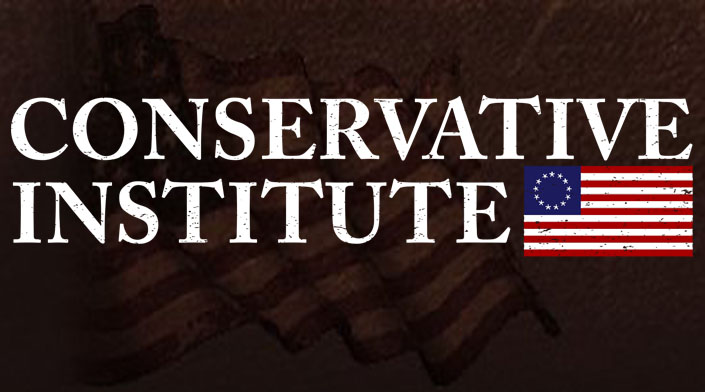SCOTUS to hear case centered on challenge to CA emissions standards
The U.S. Supreme Court last week announced its willingness to hear a case that could have far-reaching implications for federal regulatory schemes, including those related to the environment.
As the Associated Press reports, the justices are poised to take up an appeal that could pave the way for easier challenges of federal administrative regulations, with the underlying dispute in this case stemming from California vehicle emissions standards favored on the left.
EPA waiver at center of dispute
At the heart of the case is a dispute between oil refiners and biofuel producers and the federal government, which granted the state of California a waiver back in 2022.
That waiver permitted state officials to set more stringent emissions limits than the national benchmarks promulgated by the EPA.
California was given approval to enforce standards requiring car manufacturers to sell new cars in the Golden state that generated lower levels of pollution through, among other means, the sale of a certain share of electric or hybrid vehicles, as The Hill noted.
Representatives of the fuel industry, joined by a group of Republican-led states, filed suit, contending that the Biden administration had basically given California the ability to act as “a junior-varsity EPA.”
That position was rejected by the D.C. Circuit Court of Appeals, but only on a technicality, in that the court ruled that the plaintiffs did not have standing to continue the litigation because they had not demonstrated how the waiver would harm them specifically.
SCOTUS accepts
A brief order released by the high court on Friday indicated that the justices would hear the industry representatives' request to revive their initial lawsuit with regard to standing, but that they would not be addressing the underlying questions regarding the EPA's action.
Should the fuel producers prevail at the high court, lower courts would have the task of determining whether the EPA's waiver should be upheld -- a question that could also find its way to the Supreme Court.
In their quest to secure the right to reinstate their challenge of the waiver, the fuel producers are likely to reiterate their argument that their legal standing comes from the fact that if the waiver was nullified, “automakers would produce fewer electric vehicles and more gas-powered cars.”
That, in turn, would impact the amount of fuel the companies would be able to sell, directly impacting their bottom line.
Reading the tea leaves
Given the potential implications for the validity and challengeability of federal regulations posed by this case, legal observers will pay careful attention to oral arguments when they are heard at the high court this spring.
As the Guardian notes, recent cases touching on similar themes have yielded mixed results, making it difficult to predict the outcome here
The Supreme Court's decision upending to longstanding Chevron doctrine of deference to administrative agencies could, on the one hand, militate in the fuel companies' favor, while other rulings permitting notable leeway when it comes to other types of environmental regulations render the likely decision far from certain.

